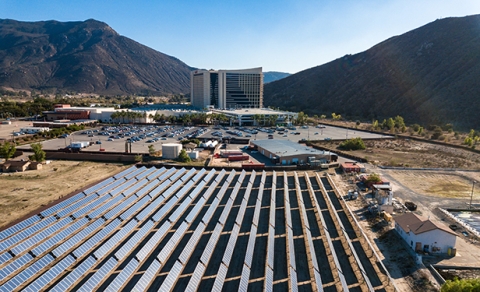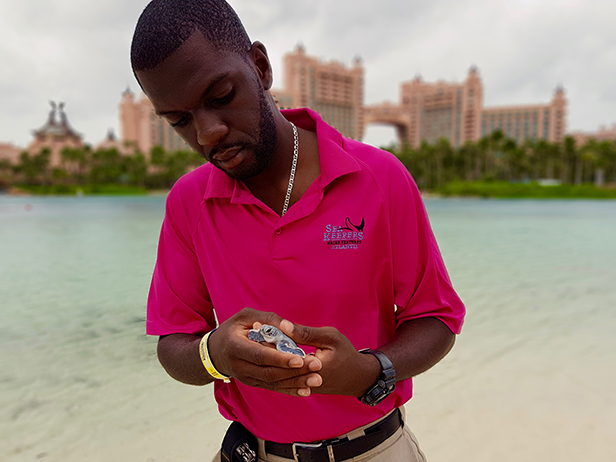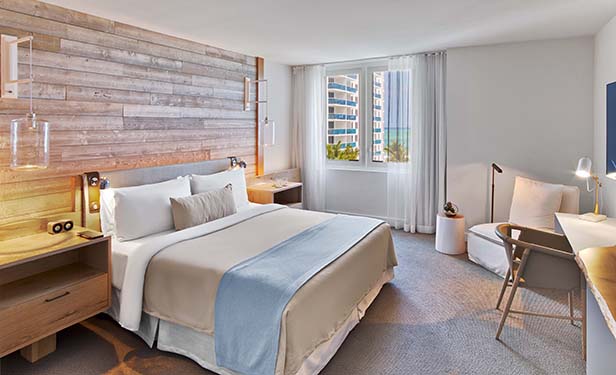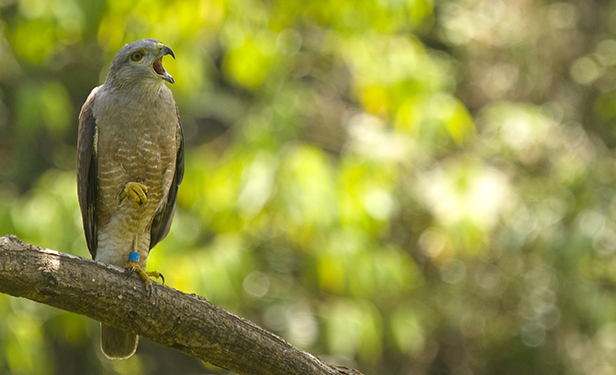10 Unique Ways Hotels Are Getting Greener

We’ve reported a lot recently on green convention centers, from LEED status to sustainability efforts in 2019. However, let’s not forget hotels, which are also doing their part to make meetings and conferences more eco-friendly. Take a look at some of the latest initiatives from hotels across North America and beyond.
The Setai, Miami Beach in Florida has partnered with Danish water company Iskilde to introduce completely compostable plant-based water bottles for guests. The hotel is the first in the U.S. to pioneer this product.
Demonstrating its commitment to protecting the natural forest around its grounds, Chewton Glen Hotel & Spa in the U.K. has launched a new project to help increase the population of owls at the hotel by building new owl nesting boxes.
Down in the Bahamas, Atlantis, Paradise Island has become a leader in water and wildlife protection. Through its extensive Blue Project Foundation, it funds coral reef research and restoration, as well as marine mammal rehabilitation and releases. Groups can easily incorporate sustainability initiatives through BPF while meeting at the resort.
You might not think of happy hour as a means to promote sustainability, but Freehand Hotels (located in Miami, Chicago, Los Angeles and New York) have found a way to do exactly that. In each of the four properties, the Broken Shaker bar incorporates a zero-waste cocktail concept by using compostable straws, biodegradable garnishes and environmentally safe materials for packaging.
At Hotel Drisco in San Francisco, housekeeping staff employes an ultragreen technique for cleaning guest rooms that uses water instead of chemicals. It sounds strange, but it really works: The Lotus Pro Cleaning System converts plain tap water into an all-natural, commercial-grade cleaner that’s infused with ozone.

1 Hotel South Beach in Florida is driving home eco-friendly ethos by having Tesla S Electric cars as its house vehicles, which are available for complimentary use by guests within a 3-mile radius of the property. Guest rooms here also feature unique hemp blend-filled mattresses topped with hypoallergenic organic linens.
Think casinos can’t be sustainable? Think again. Harrah’s Resort Southern California was the first Southern California casino to go solar, and it went big: It has more than 4,000 solar panels across 5.5 acres. It uses solar energy to heat its large pool and guest room showers, and the panels have saved roughly $300,000 in energy costs annually, too.
The Palms Hotel & Spa in Miami employs many green programs, including hosting quarterly beach cleanups, and even has an in-house Green Team. In addition, even the chairs you use for meetings here are sustainable: More than 65 percent of the furniture at the property has been made from recycled or rapidly renewable materials, or was locally produced.
In Nashville, The Hermitage Hotel has a long-standing partnership with Land Trust For Tennessee and makes regular donations to the organization, which supports land conservation and historic preservation. In addition, the hotel has its own garden on the Land Trust’s Glen Leven Farm, where it grows vegetables and fruits for use in seasonal dishes at the hotel’s Capitol Grille restaurant.

Puntacana Resort & Club in the Dominican Republic is dedicated to sustainability, and one way it demonstrates this is through operating Ojos Indigenas Ecological Reserve. Groups can tour and volunteer in this protected 1,500-acre area of lowland subtropical forest, which includes a bird-watching tower for the preservation of the endangered Ridgway’s Hawk.
What other unusual ways have you seen hotels implementing green programs? Share with us on Twitter, @tsnn_com_us.
Don’t miss any event-related news: Sign up for our weekly e-newsletter HERE and engage with us on Twitter, Facebook, LinkedIn and Instagram!


Add new comment